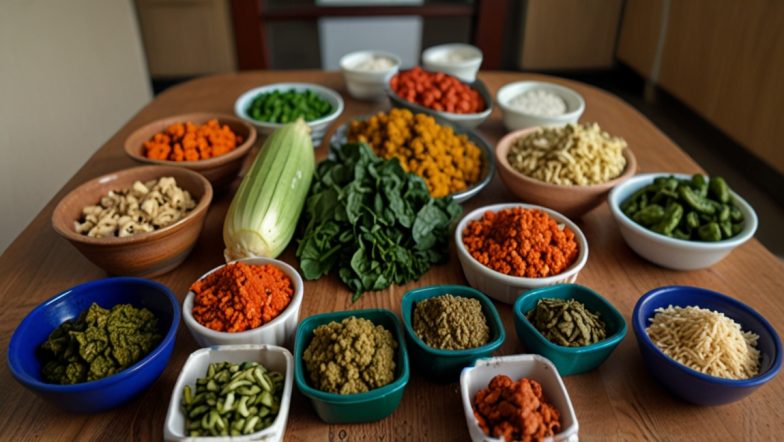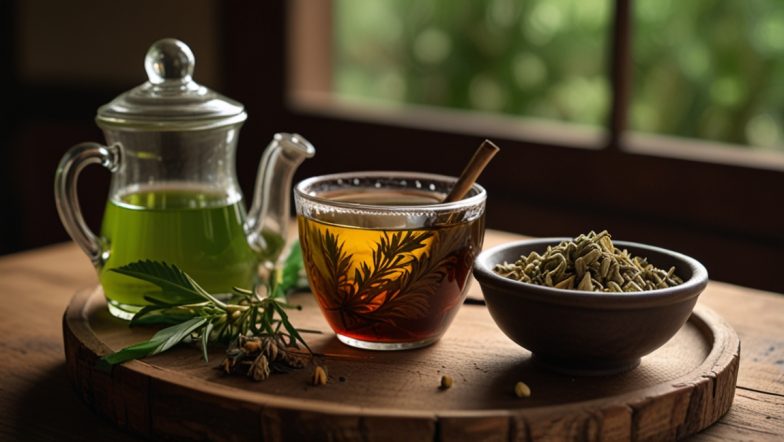From the bustling markets of Lagos to the quiet villages of the Niger Delta, Nigerian cuisine is a tapestry of flavors that tells the story of a nation rich in culture and history. Each dish is a testament to the diversity of the land, the traditions of its people, and the passion that goes into every culinary creation.
Join us as we embark on a gastronomic journey, unearthing the true essence of Nigeria’s culinary heritage and exploring the dishes, ingredients, and traditions that make it a true treasure.
Embracing the Diversity of Nigerian Cuisine
Nigeria’s culinary landscape is a reflection of its cultural diversity, with over 250 ethnic groups contributing their unique flavors and techniques. From the spicy aromas of the North to the coastal delights of the South, every region adds a distinct touch to the nation’s cuisine.
Signature Dishes that Define the Nation
- Jollof Rice: Often hailed as Nigeria’s most famous dish, jollof rice is a flavorful masterpiece made with rice, tomatoes, peppers, and a blend of spices. It’s not just a meal; it’s a symbol of celebration and togetherness.
- Efo Riro: This hearty vegetable soup is a staple in Yoruba cuisine. It features a medley of green vegetables cooked in a rich and spicy tomato-based sauce.
- Pounded Yam and Egusi: A staple in many Nigerian homes, pounded yam is a starchy accompaniment to soups like egusi. The act of pounding yam is a cultural tradition in itself, often done communally.
Forgotten Ingredients, Timeless Flavors
Nigeria’s culinary heritage goes beyond the well-known dishes. It’s about exploring forgotten ingredients that have been the backbone of traditional cuisine for generations.
- Bitterleaf: This leafy vegetable adds a distinctive bitterness to soups and stews, contributing to the complex flavor profiles of Nigerian cuisine.
- Ugba: Also known as ukpaka or oil bean, ugba is a fermented oilseed that adds a unique tang to dishes, providing a taste of tradition.
- Iru: This locust bean seasoning is a flavor enhancer used in many Nigerian soups. Its pungent aroma and taste make it a culinary treasure.
Preserving Traditions in Modern Times
As Nigeria moves forward, there’s a growing appreciation for preserving traditional culinary practices, ensuring they’re not lost in the face of modernization.
- Culinary Workshops: Many organizations are hosting workshops to teach younger generations about traditional cooking methods and recipes, helping to keep the culinary heritage alive.
- Market Revival: Traditional markets are not just places to buy ingredients; they’re cultural hubs where traditional foods and cooking techniques are celebrated.
- Farm-to-Table Movement: Embracing locally sourced ingredients not only supports farmers but also ensures that traditional crops and flavors are sustained.
Culinary Tourism: A Journey for the Senses
Nigeria’s culinary heritage is a draw for tourists seeking an authentic experience. Culinary tours and food festivals are becoming popular ways to explore the nation’s rich flavors and traditions.
- Food Festivals: Events like the “Taste of Lagos” and “Abuja Food Expo” celebrate Nigerian cuisine, bringing people together to savor local flavors.
- Cooking Classes: Tourists can participate in cooking classes, learning to prepare traditional dishes themselves, and gaining insights into the cultural significance of each recipe.
Savoring the Past, Nurturing the Future
Nigeria’s culinary heritage is a treasure trove of flavors and stories waiting to be discovered. It’s not just about the dishes; it’s about the traditions, the techniques, and the people who pour their hearts into each creation. As we unearth the essence of Nigeria on a plate, let’s remember that preserving these culinary traditions is a way of honoring the past while nurturing a flavorful future for generations to come.







Leave a comment